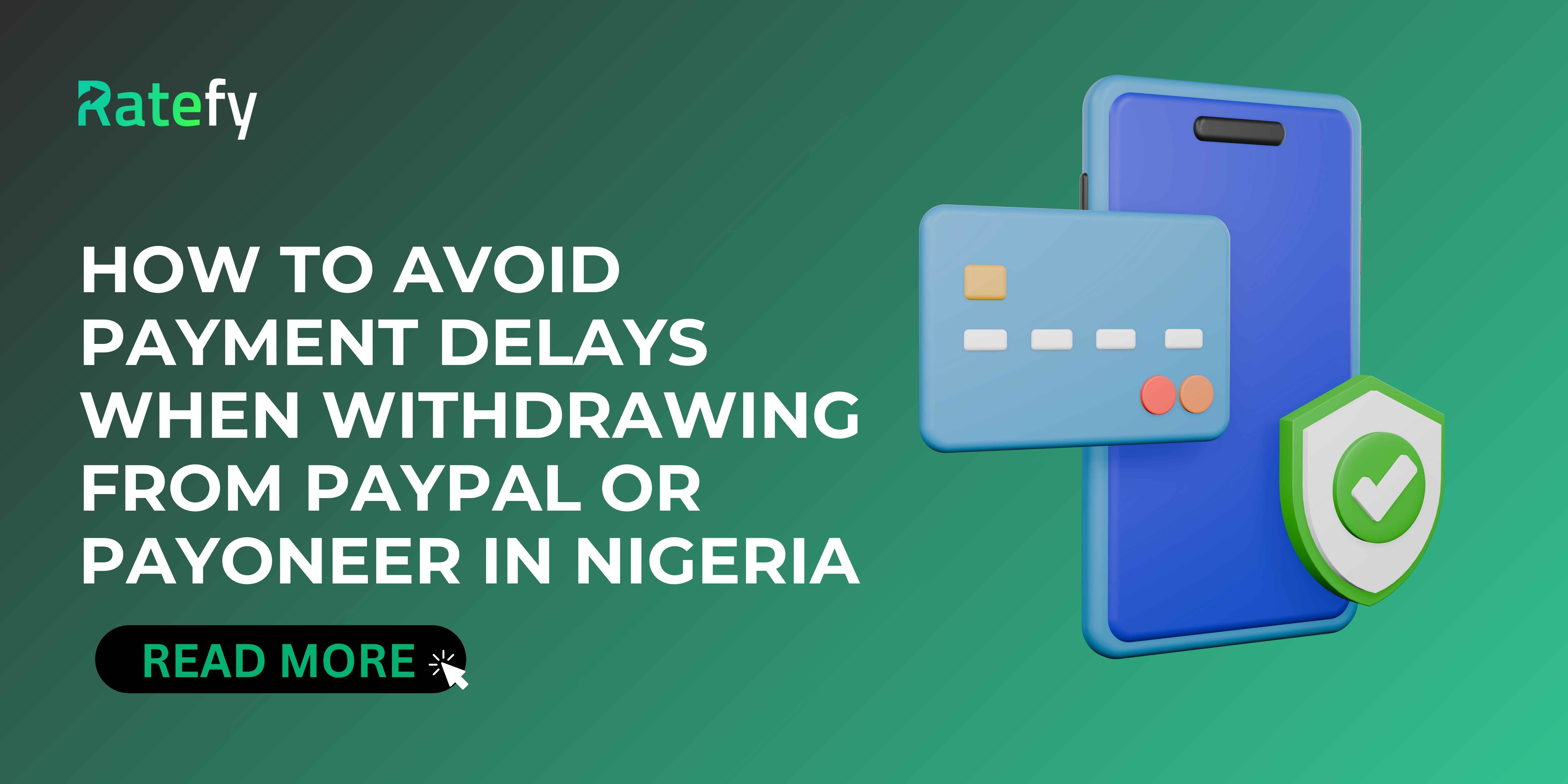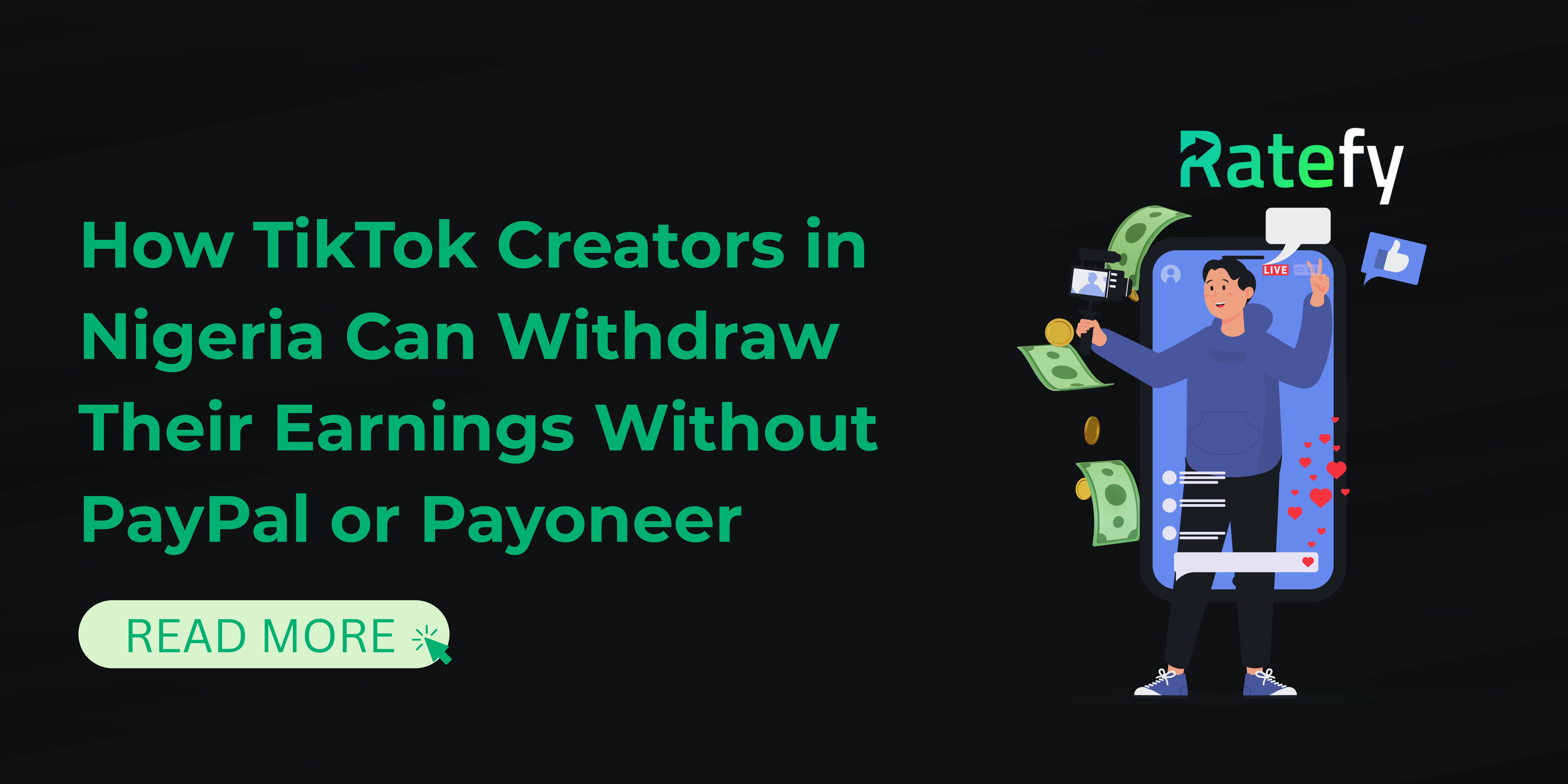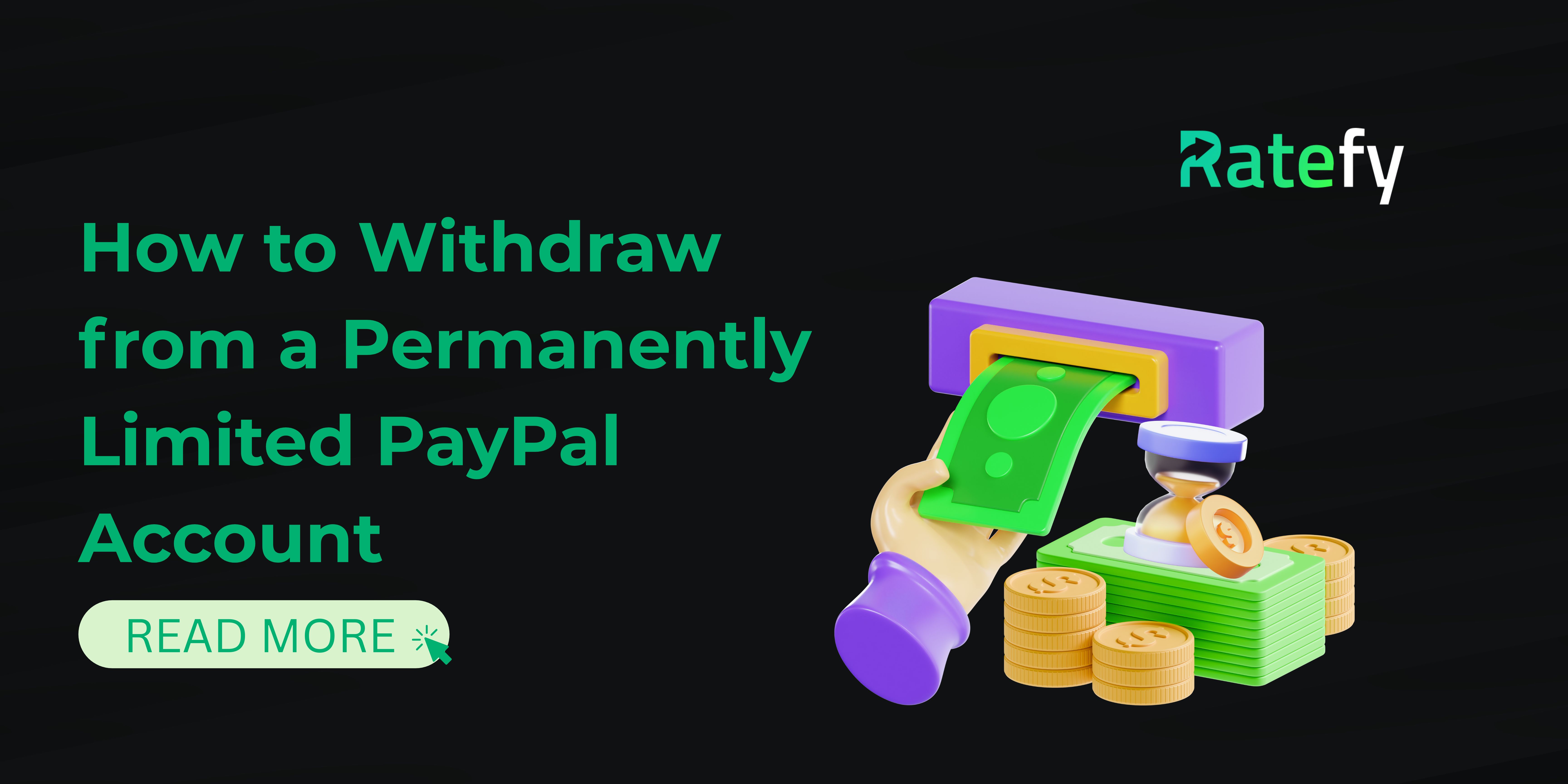
.jpg)
How to Draft a Freelance Contract That Protects You From Non-Payment
.jpg)
If you’ve ever chased a client for your own money, you already know, freelancing without a proper contract is a dangerous game.
Non-payment isn’t just bad luck; it’s often poor documentation. And that’s exactly what a strong freelance contract fixes.
Here’s how to write one that keeps you safe and ensures your hard work pays off.
1. Spell Out Every Deliverable
Be specific.
Don’t just say “social media management”; list what that includes: content creation, scheduling, analytics, etc.
When deliverables are vague, clients have room to stretch the agreement and delay payment.
A clear scope keeps both sides accountable.
2. Secure Your Payment Terms
Always get a deposit. 40 - 60% upfront is standard.
Then, break down the rest by milestones, for example, 30% halfway through and the final 10% on delivery.
And if you’re tired of “processing delays,” let Ratefy handle it.
Once your client approves the work, your payment lands instantly - no chasing, no awkward follow-ups.
3. Add a Late Payment Clause
If a client delays, you shouldn’t have to suffer for it.
Include a line that states payments overdue by more than 7 days attract a small percentage fee.
That tiny clause does two things: it shows professionalism and it motivates clients to pay up faster.
4. Define Revision Boundaries
One of the easiest ways to lose money? Endless revisions.
Make your limits clear from the start - e.g., two rounds included, extra edits billed separately.
Clients respect structure when they see it written in black and white.
5. Protect Yourself With a Termination Clause
Sometimes, projects end early, and that’s fine.
What’s not fine is walking away unpaid.
Clearly state that any work done before termination is billable, and deposits are non-refundable once the project commences.
That’s not harsh; it’s how professionals work.
Final Thought
A solid contract protects your work.
Ratefy protects your pay.
Combine both, and freelancing stops feeling like a gamble.
How to Draft a Freelance Contract That Protects You From Non-Payment
If you’ve ever chased a client for your own money, you already know, freelancing without a proper contract is a dangerous game.
Non-payment isn’t just bad luck; it’s often poor documentation. And that’s exactly what a strong freelance contract fixes.
Here’s how to write one that keeps you safe and ensures your hard work pays off.
1. Spell Out Every Deliverable
Be specific.
Don’t just say “social media management”; list what that includes: content creation, scheduling, analytics, etc.
When deliverables are vague, clients have room to stretch the agreement and delay payment.
A clear scope keeps both sides accountable.
2. Secure Your Payment Terms
Always get a deposit. 40 - 60% upfront is standard.
Then, break down the rest by milestones, for example, 30% halfway through and the final 10% on delivery.
And if you’re tired of “processing delays,” let Ratefy handle it.
Once your client approves the work, your payment lands instantly - no chasing, no awkward follow-ups.
3. Add a Late Payment Clause
If a client delays, you shouldn’t have to suffer for it.
Include a line that states payments overdue by more than 7 days attract a small percentage fee.
That tiny clause does two things: it shows professionalism and it motivates clients to pay up faster.
4. Define Revision Boundaries
One of the easiest ways to lose money? Endless revisions.
Make your limits clear from the start - e.g., two rounds included, extra edits billed separately.
Clients respect structure when they see it written in black and white.
5. Protect Yourself With a Termination Clause
Sometimes, projects end early, and that’s fine.
What’s not fine is walking away unpaid.
Clearly state that any work done before termination is billable, and deposits are non-refundable once the project commences.
That’s not harsh; it’s how professionals work.
Final Thought
A solid contract protects your work.
Ratefy protects your pay.
Combine both, and freelancing stops feeling like a gamble.

How to Avoid Payment Delays When Withdrawing From PayPal or Payoneer in Nigeria
Payment delays are one of the most common issues freelancers and remote workers face when withdrawing from PayPal or Payoneer...

How TikTok Creators in Nigeria Can Withdraw Their Earnings Without PayPal or Payoneer
If you’re a TikTok creator in Nigeria, you already know the struggle, making money on TikTok is actually the easy...
.jpg)
How to Withdraw Your Fiverr Earnings in 2025 (What Actually Works Now)
Withdrawing from Fiverr has changed a lot, and if you’re still using the old 2020-2023 methods, you’re basically setting yourself...
.jpg)
How to Earn Money Online in Nigeria Through PayPal Arbitrage
Did you know you can actually earn a living doing PayPal arbitrage? If you’re looking for a legit way to...
.jpg)
How to Buy S5 Proxies in Nigeria at a Cheaper Price (A Simple Guide Everyone Can Follow)
A lot of people in Nigeria keep searching for how to buy cheap S5 proxies, affordable Pia proxies, or a...

How to Withdraw From a Permanently Limited PayPal Account
Getting your PayPal account permanently limited is stressful, especially when you have money inside and you can’t link your original...
See full list
Ratefy | Payment & Exchange platform 2026